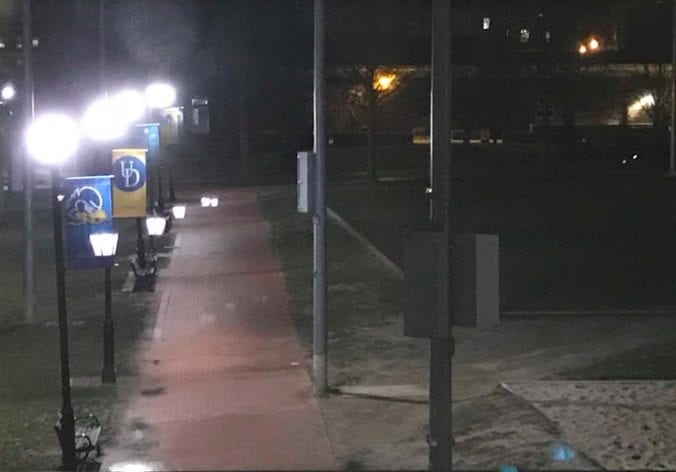As any UD student can attest to, risk is an everyday part of our lives. The vast majority of us risked 4 years at this university in the hope to be rewarded by a stable, well paying job that brings us some amount of happiness. However, it is essential that we use these 4 years to take risks that we are not be able to in the future. At no other point in our lifetime will we have as dense of a concentration of resources as we do now, and it would be a great personal loss if we didn’t capitalize on them.
This university provides a vast amount of opportunities — from academic opportunities to opportunities to improve your health and so many more. Although some of these opportunities entail a financial risk, most only require a time commitment. I would argue that these opportunities are the highest risk opportunities because they all ask for a piece of our most valuable resource: time. Time, or our frequent lack of it, drives many of our daily decisions and prevents us from developing into our best selves. Every moment we commit to a new activity risks losing time that we can never get back.
However, our generation has a unique relationship with risk that jeopardizes our personal development. Most of us were around 7-11 years old when the 2008 recession hit, and that single event changed us all forever. We all watched our parents get laid off or take second jobs in order to make ends meet and heard their lectures about getting a good job. Now, more than anything else, our generation strives for job security, a foundation to a happy middle class lifestyle. We all saw the emotional toll job insecurity had on our parents and we all still fear a similar fate. In order to overcome this fear we first have to accept a very terrifying reality: job security is a myth. Job security was a given when our parents were growing up, but now it’s impossible to spend a whole career in one company, and no company wants to invest in the training and development of their workforce. So, we are left to train ourselves for a position that we may not be in for very long. We have to risk our own time and money for job training, yet we do not know whether it will be worthwhile.
That is what we are all doing at the moment, risking our time and money in the hopes that it will pay off. No can say for sure if it will, but what we can say is if you already took this kind of risk, there is no reason to be afraid of taking a few much smaller ones. Take a gym class you have never seen, minor in something that will give you a unique skill, or even start a club or business. We all have taken a huge risk, but by taking a few smaller chances, no matter how our big gamble is, we will have the knowledge and experience to figure it out.






